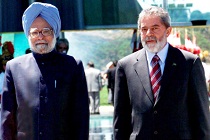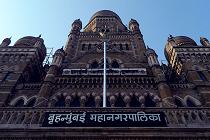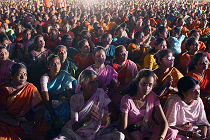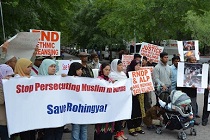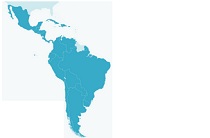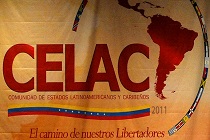The precondition of democracy in China
The ongoing environmental movement in China - like many of the country’s burgeoning social movements - and those involved in it, are using various strategies to demand one of democracy’s preconditions—the rule of law.


